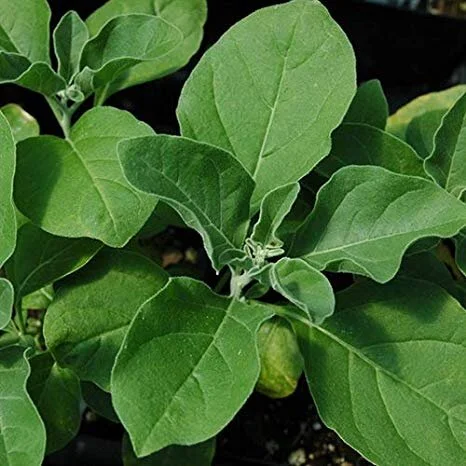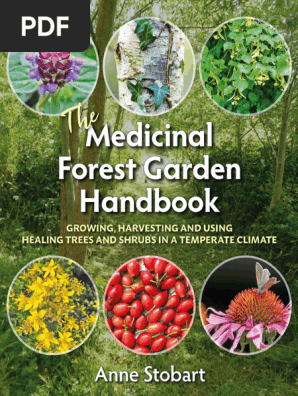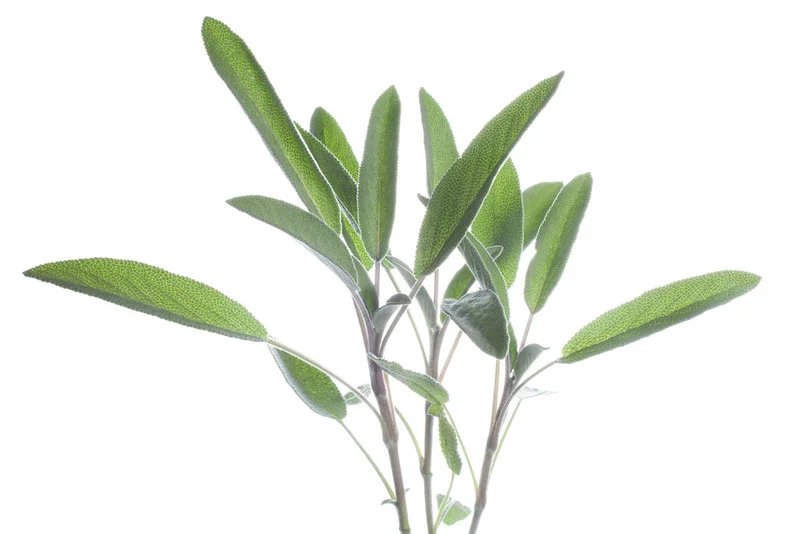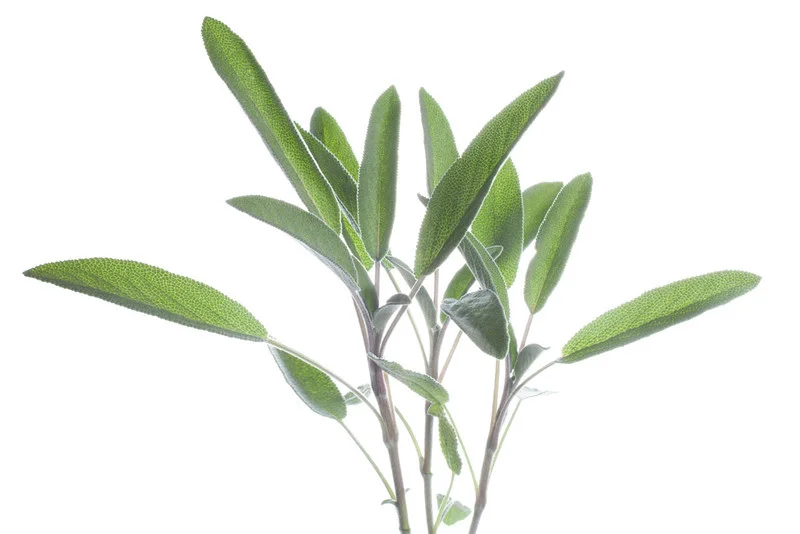
Cultivate Your Own Health: A Beginner's Guide to a Home Herb Garden
In a world increasingly focused on holistic wellness and natural remedies, the idea of growing your own medicine is becoming more appealing than ever. Imagine stepping into your backyard and harvesting the ingredients for a soothing tea or a healing salve. It's not just about saving money; it's about reconnecting with nature and taking control of your health in a tangible way. Creating a home herb garden, or apothecary, may seem daunting, but with a little planning and some basic gardening knowledge, you can cultivate your own source of natural remedies. In this post, we'll guide you through the process of creating a home herb garden, offering tips on choosing the right herbs, preparing your garden space, harvesting and preserving your bounty, and crafting simple remedies you can use every day. Get ready to embark on a rewarding journey toward self-sufficiency and well-being, one herb at a time!

A sunlit herb garden featuring rosemary and lavender, showcasing the potential beauty of a home apothecary.
Planning Your Herb Garden - What to Grow?
The first step in creating your home apothecary is deciding which herbs to grow. While the possibilities are endless, it's best to start with a few easy-to-grow herbs that offer a wide range of medicinal benefits. Consider herbs like lavender, chamomile, mint, calendula, rosemary, and thyme. These herbs are not only relatively easy to cultivate, but they also boast a diverse range of healing properties.
- Lavender: Known for its calming and relaxing properties, lavender can help alleviate stress, promote sleep, and soothe anxiety. It's also a wonderful addition to bath products and skincare remedies.
- Chamomile: Another calming herb, chamomile is often used to ease digestive issues, reduce inflammation, and promote relaxation. A cup of chamomile tea before bed can work wonders for a restful night's sleep.
- Mint: With its refreshing aroma and flavor, mint is a versatile herb that can aid digestion, relieve headaches, and clear congestion. It's also a great addition to teas, smoothies, and even homemade cleaning products.
- Calendula: This vibrant flower is prized for its skin-healing properties. Calendula-infused oils and salves can soothe minor cuts, burns, and rashes, making it a must-have for any home apothecary.
- Rosemary: A fragrant and stimulating herb, rosemary is known for its ability to improve memory, boost circulation, and enhance focus. It's also a delicious addition to culinary dishes and a potent ingredient in hair care products.
- Thyme: With its antiseptic and antimicrobial properties, thyme is an excellent remedy for coughs, colds, and sore throats. It can be used in teas, tinctures, and even homemade cleaning solutions.
When choosing herbs, consider your climate and the amount of space you have available. Research which herbs thrive in your region and start with a manageable number of plants. It's also important to choose herbs that you'll actually use. There's no point in growing a medicinal herb if you don't have a need for its specific healing properties. When I started my apothecary, I went a little overboard with exotic herbs that I never ended up using. I realized it was better to focus on the basics—the herbs I knew and loved—and gradually expand my collection as I gained more experience.
Key Takeaway: Choose herbs based on your needs, your local climate, and your gardening space.

A selection of healing herbs with garden labels identifying each plant, emphasizing the importance of organization and knowledge.
Setting Up Your Herb Garden - Site Selection & Soil Preparation
Once you've chosen your herbs, it's time to prepare your garden space. Most herbs thrive in sunny locations with well-drained soil. Select a spot that receives at least six hours of sunlight per day and is protected from strong winds. If you're gardening in containers, make sure they have drainage holes to prevent waterlogging.
Soil preparation is crucial for the health and potency of your herbs. Start by amending your soil with compost or other organic matter to improve its fertility and drainage. Herbs generally prefer slightly acidic to neutral soil, so test your soil's pH and adjust as needed. You can purchase a soil testing kit at your local garden center or send a sample to your local agricultural extension office for analysis.
Consider growing your herbs in raised beds or containers if your soil is poor or if you have limited space. Raised beds offer excellent drainage and allow you to create a custom soil mix. Containers are perfect for small spaces, balconies, and patios. They also allow you to move your herbs to different locations as needed to optimize their growing conditions.
Remember that healthy soil leads to healthy plants, and healthy plants produce potent medicine. Don't skimp on soil preparation—it's an investment that will pay off in the long run. I made the mistake of planting my herbs in compacted clay soil, and they struggled to thrive. Once I amended the soil with plenty of compost and organic matter, they flourished like never before.
Key Takeaway: Create the optimal environment for your herbs to thrive and produce potent medicine.
Harvesting & Drying Your Herbs – Preserving Nature's Goodness
Harvesting your herbs at the right time is essential for maximizing their medicinal properties. The best time to harvest most herbs is early in the morning, after the dew has dried but before the sun has had a chance to evaporate their essential oils. For leafy herbs like mint and thyme, harvest the leaves just before the plant flowers. For flowering herbs like chamomile and calendula, harvest the flowers when they are fully open.
Different herbs require different harvesting techniques. For leafy herbs, simply snip off the stems with clean scissors or pruning shears. For flowering herbs, gently pluck the flowers from the stem. When harvesting roots, such as those of echinacea, it's best to dig up the entire plant in the fall after the foliage has died back.
Once you've harvested your herbs, it's important to dry them properly to preserve their medicinal properties. There are several methods you can use, including air drying, using a dehydrator, or oven drying. Air drying is the simplest method—simply tie the herbs into small bundles and hang them upside down in a cool, dark, and well-ventilated place. Dehydrators offer more precise temperature control and can dry herbs more quickly. Oven drying involves spreading the herbs in a single layer on a baking sheet and baking them at a very low temperature (around 170°F) for several hours.
Regardless of the drying method you choose, make sure the herbs are completely dry before storing them. Store dried herbs in airtight containers, away from light and moisture. Label the containers with the herb name and the date of harvest. Properly dried and stored herbs can retain their medicinal properties for up to a year.
Key Takeaway: Learn how to harvest and preserve your herbs properly to retain their healing properties.
Simple Home Remedies You Can Make
Now that you have a supply of homegrown, dried herbs, you can start making your own simple home remedies. Here are a few easy recipes to get you started:
- Chamomile Tea for Sleep: Steep 1-2 teaspoons of dried chamomile flowers in a cup of hot water for 5-10 minutes. Strain and enjoy before bed to promote relaxation and sleep.
- Calendula Salve for Skin Irritations: Infuse dried calendula flowers in olive oil for several weeks, then strain the oil and mix it with beeswax to create a healing salve for minor cuts, burns, and rashes.
- Mint Infused Oil for Headaches: Crush fresh mint leaves and infuse them in a carrier oil, such as almond or grapeseed oil, for several weeks. Massage the infused oil onto your temples to relieve headaches and tension.

Homemade herbal remedies displayed in apothecary jars with labels, showcasing the potential for creating a personalized collection of natural medicines.
Important Note: The information provided in this post is for educational purposes only and does not constitute medical advice. Always consult with a healthcare professional before using herbal remedies, especially if you are pregnant, breastfeeding, or taking medications.
Key Takeaway: Utilize your homegrown herbs to create simple and effective home remedies.
Beyond the Garden: Integrating Herbs into Daily Life
Beyond their medicinal uses, herbs can also be incorporated into various aspects of your daily life for holistic well-being. Add fresh herbs to your meals for flavor and nutritional benefits. Use herbal-infused oils for massage or aromatherapy. Create herbal bath teas for a relaxing and rejuvenating soak. Scent your home with herbs by placing dried lavender sachets in drawers or simmering herbs on the stovetop.
Tending to an herb garden can also be a mindful practice that promotes stress relief and connection with nature. Spending time in the garden, observing the plants, and nurturing their growth can be a therapeutic experience that enhances your overall well-being.
Key Takeaway: Embrace the versatility of herbs and incorporate them into various aspects of your life for holistic well-being.
Creating a home apothecary is a rewarding journey that connects you with nature and empowers you to take control of your health. By choosing the right herbs, preparing your garden space, harvesting and preserving your bounty, and crafting simple remedies, you can cultivate your own source of natural medicine and enhance your overall well-being. As the seasons change, remember that autumn is the perfect time to harvest and dry your herbs for winter wellness. What herbs will you grow in your home apothecary?

A woman drinking herbal tea by a window at sunrise, symbolizing the integration of herbs into a daily wellness routine.